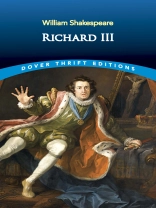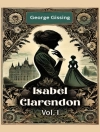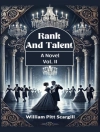The final play in Shakespeare’s masterly dramatization of the strife between the Houses of York and Lancaster, Richard III offers a stunning portrait of an archvillain–a man of cunning and ruthless ambition who seduces, betrays and murders his way to the throne. In the process, Richard delivers great speeches and engages in formidable confrontations with a large cast of characters, almost all of them caught up in the terrible struggle for power that dominates the play. It is a tribute to Shakespeare’s dramatic genius and knowledge of human psychology that by the end of the drama the detestable Richard begins to elicit some sympathy for the awful plight in which he finds himself. Explanatory footnotes and an introductory note are included.
O autorze
'He was not of an age, but for all time, ’ declared Ben Jonson of his contemporary William Shakespeare (1564–1616). Jonson’s praise is especially prescient, since at the turn of the 17th century Shakespeare was but one of many popular London playwrights and none of his dramas were printed in his lifetime. The reason so many of his works survive is because two of his actor friends, with the assistance of Jonson, assembled and published the First Folio edition of 1623.












